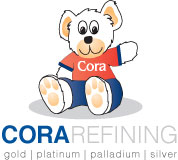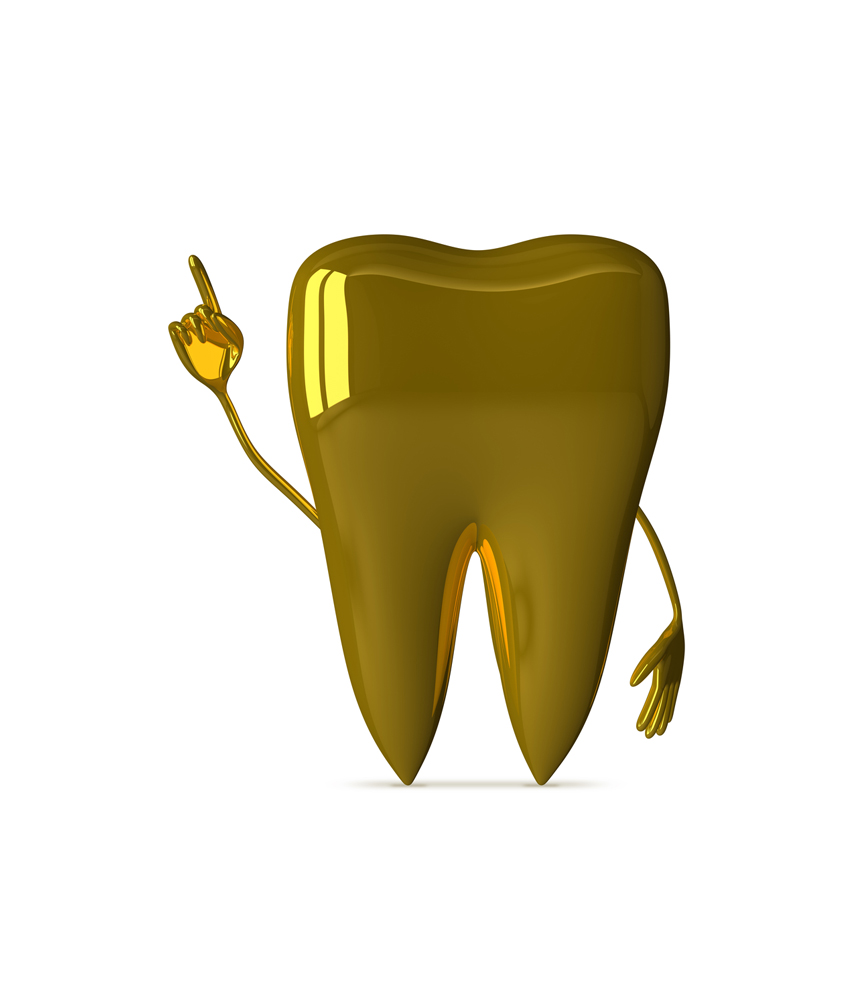The dental material options have grown tremendously providing dentists with many options for durability and aesthetics. We’ve reviewed some of the most common choices and here is what we found.
One trend we have noticed is the rapid increase in the use of alloys with a high nickel content, at a time when nickel sensitivity is increasing in the general population.
Here you can find the most up to date advantages and disadvantages of dental materials and their effects on patients.

Porcelain Fused To Metal:
This type of dental material is most commonly used for crowns and bridges. During this process the metal alloys are fused underneath the porcelain surface and match the neighboring teeth.
| Advantages | Disadvantages |
|---|---|
|
|
Gold Alloy
These precious metals usually contain a mix of gold, copper and noble metals such as platinum, palladium or silver. These alloys are most commonly used for inlays, crowns, bridges and partial denture frameworks.
| Advantages | Disadvantages |
|---|---|
|
|
Nickel Alloys
Nickel alloys are typically darker in appearance and include a mix of nickel and chromium materials.
| Advantages | Disadvantages |
|---|---|
|
|
Porcelain
This material is most commonly used in fillings, crowns, inlays and fixed bridges. Porcelain material is similar to the color of your teeth and constructed of 100% ceramic.
| Advantages | Disadvantages |
|---|---|
|
|
As experts in the refining industry we’re familiar with all of the various alloy and precious metal mixtures. After comparing the advantages and disadvantages of all materials, it’s clear that nickel alloys may not be the best choice for patients.
Cora Refining offers many dental scrap return options in order to help you get the highest return possible. Our proven methods and dedication to customer satisfaction guarantee you will receive the most accurate results.

